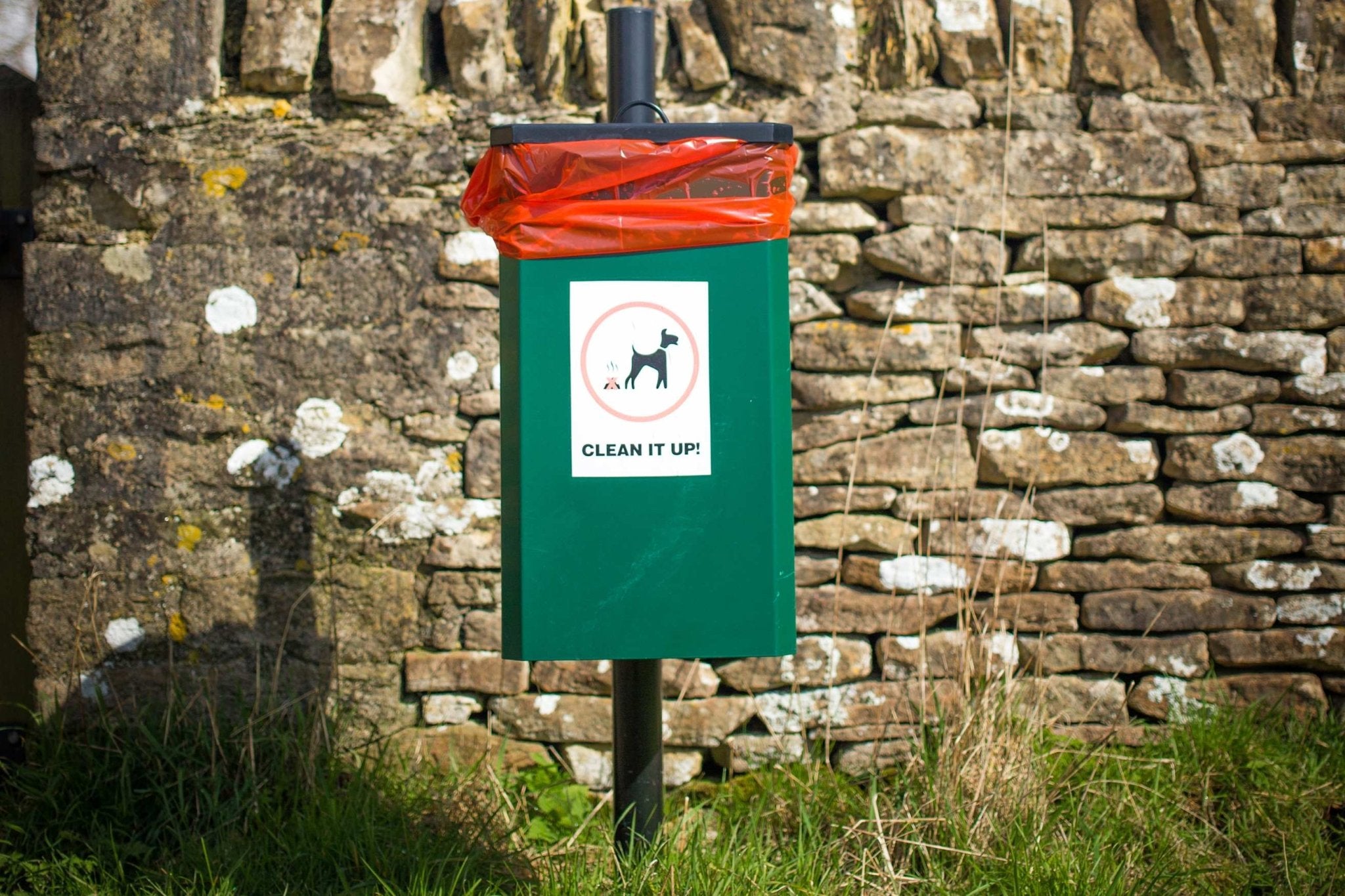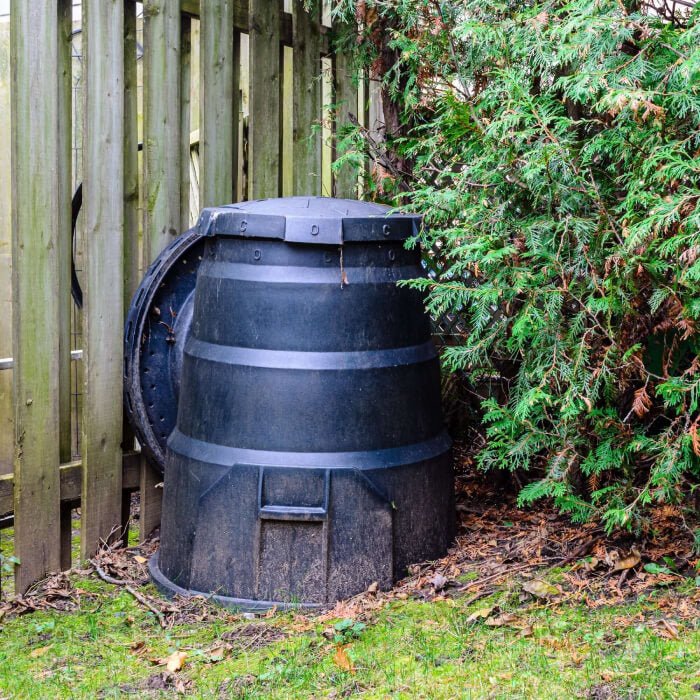Our modern-day domestic dogs are provided with ample food and everything that they might possibly need.
So why do they gulp down their meals as if they will never receive food again? There are a few common reasons for this behaviour.

1. Competition
Puppies are often born in large litters, and this fuels competition for food from a young age, a behaviour which then becomes deeply ingrained. This innate need to eat quickly can persist through life, and can be exacerbated if the dog lives in a busy home environment with other pets.
2. Irregular meals
Dogs don’t wear watches, although we’re pretty sure they’d look ace if they did! However, they do have a pretty good grasp of timings, as any pet owner who owns a pooch who waits carefully by their bowl ten minutes before breakfast time can tell you. Dogs also thrive on routine, and irregular meals can cause anxiety around feeding. Pups who are unsure when their next meal will come are more likely to bolt the food when it is given.
3. Poor nutrition
A complete, balanced diet is so important for our precious pups. Nutrition is the foundation of good health and wellbeing. If a dog’s food is not nutritionally balanced, or contains poorly digestible components, your dog may feel constantly hungry even though they are provided with food, which can lead to frantically fast eating.
4. Illness
Has your dog’s appetite suddenly changed? Do they seem ravenously hungry all the time, constantly pestering for food and bolting their meals down ravenously? Some medical conditions can cause changes to appetite, so it is always a good idea to get your pup checked over by a vet if you are concerned.
How to stop a dog eating too fast
We’ve established why your pooch may be a guzzler, and why this may be bad for them, so what can we do about it? How do we slow down dog eating when we can’t sit them down and have a quiet word about their table manners?
Here’s our top tips.
1. Quiet mealtimes
If competition may be playing a role in your pup’s approach to food, even a historic role, it can be worth setting the scene for a calmer meal. Keep mealtimes consistent and feed your pooch in a quiet room away from the hustle and bustle of our busy lives.
2. Spread it out
If you feed your dog on biscuits, a quick and easy trick to slow them down when eating is to use a tray (or similar) to put their food in rather than a bowl. Having the kibble spread over a larger area physically prevents them from inhaling large amounts of food quickly and naturally forces the meal to be eaten more slowly.

3. Slow feeder bowls
There are now clever bowls which are designed specifically to slow down dog eating! Make sure you choose one that is well designed so it doesn’t just cause frustration, and instead turn mealtimes into a form of enrichment and pleasure.
4. Puzzle feeders
On a similar note, there are a range of puzzle feeders available, where your dog must put some effort into getting their food. These are great for slowing down eating, and also for those dogs on the chubby side who could do with working harder for their food!
5. Smaller meals
Eating a large amount of food very quickly is bound to make your dog feel uncomfortable and bloated, and can cause a variety of digestive symptoms. Whilst you are working on ways to slow down dog eating, try feeding smaller meals, more frequently. Keeping your dog feeling full and satisfied for more of the day can help reduce their need to guzzle food down, and smaller meals will sit easier in the stomach even if eaten too quickly.






Leave a comment